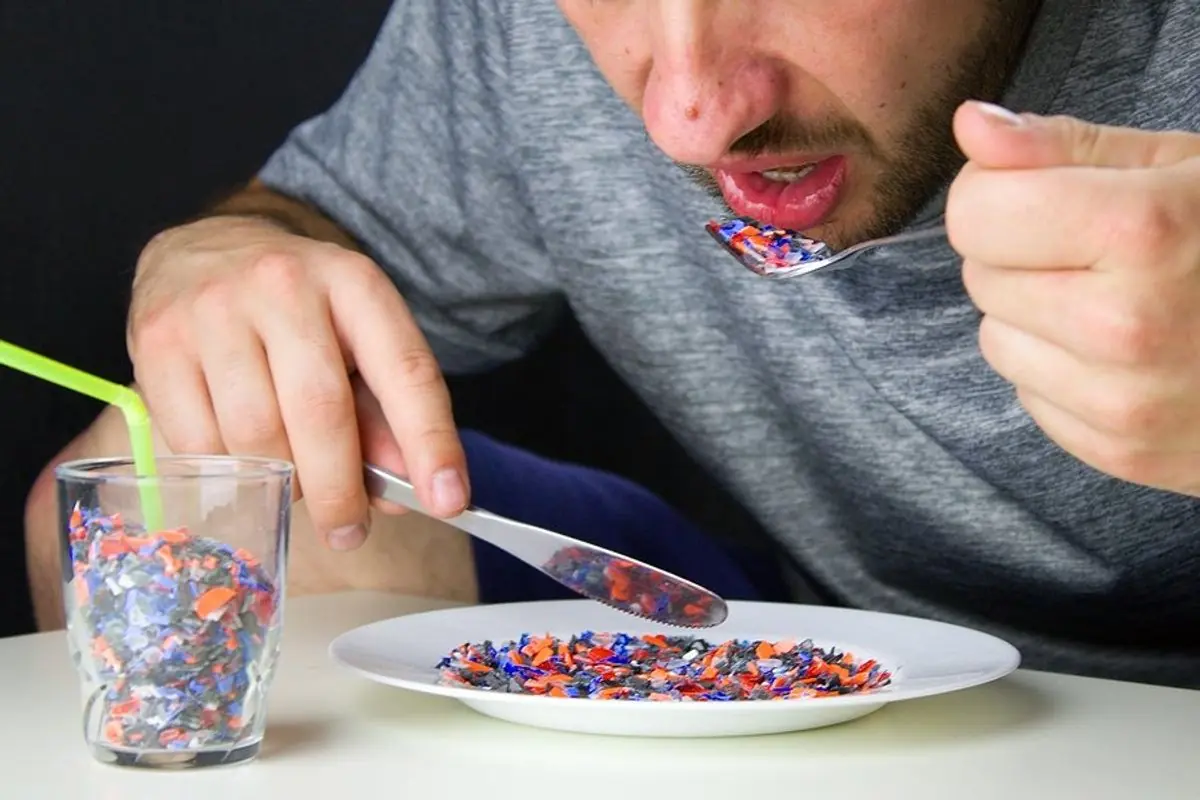
To Prevent Hair Loss and Stimulate Hair Growth, Avoid These Habits
29-Year-Old Woman Suffers from Balding — Doctor Warns: To Prevent Hair Loss and Stimulate Hair Growth, Avoid These Habits
Hair loss is often associated with the elderly, but what causes hair loss in young people?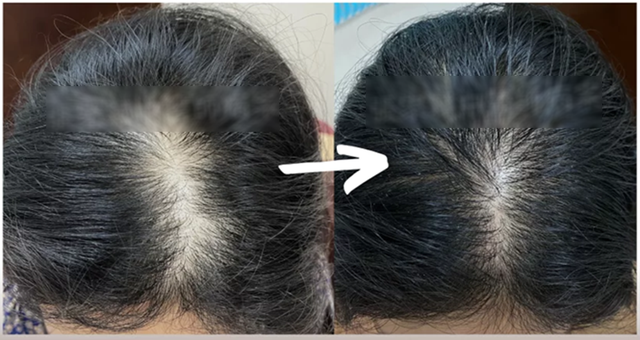
Ms. Tu (29 years old, China), an accountant, began noticing that the hairline on the top of her head was widening and her hair was thinning. At first, she believed her hair loss was due to a deficiency of blood and energy or weak liver and kidneys. As a result, she tried various hair growth serums and self-prescribed kidney tonics and supplements, but her hair continued to fall out. Eventually, she sought medical treatment.
After consultation, the doctor found that Ms. Tu was under heavy work-related stress, frequently working overtime and overthinking. Emotional stress turned out to be the real cause of her hair loss — not poor blood circulation or weak liver and kidneys. No wonder the tonics and hair growth products hadn’t worked.
The doctor also noted that, in addition to hair loss, Ms. Tu had irregular periods, menstrual cramps, headaches, indigestion, and other symptoms. Through comprehensive diagnosis including pulse reading, the doctor concluded that her hair loss stemmed from liver qi stagnation — a condition where blocked energy and blood flow lead to hormonal imbalance and poor scalp circulation.
After one month of treatment, new baby hairs began growing on the bald spot at the crown of her head. After three months, her hairline had narrowed, her hair volume had increased, and the years-long hair loss problem was resolved. Additionally, Ms. Tu reported significant improvement in her menstrual symptoms, digestion, and headaches.
Top 5 Causes of Hair Loss
1. Genetics
Those with a family history of hair loss are more prone to it, especially men.
2. Staying Up Late and Emotional Stress
Stress or emotional instability disrupts hormone levels, interfering with the hair growth cycle and causing hair loss. Chronic late nights drain the body’s energy and blood, while emotional stress restricts blood flow to hair follicles. This is a common cause in young women and often comes with irregular menstruation and headaches.
3. Improper Dieting for Weight Loss
Sudden dietary changes or fasting for quick weight loss — such as cutting out carbs or replacing meals with fruits — can deprive the body of essential nutrients like protein, iron, zinc, and vitamin B12. This hinders healthy hair growth and disrupts hormonal balance.
4. Frequent Hair Dyeing
Regular use of hair dyes can irritate and damage hair follicles. The hair becomes weaker, softer, and more prone to breakage. Excessive oil production and fungal infections can also harm the follicles, preventing healthy hair growth.
5. Illness and Medications
Certain illnesses (like thyroid disorders or anemia) and medications (such as chemotherapy drugs) can also lead to hair loss.
High-Risk Groups for Hair Loss
In addition to the causes above, the following groups are more likely to experience hair loss:
-
Women with menstrual irregularities: Menstrual health reflects the state of a woman’s blood and energy. Light periods may signal deficiencies in the liver and kidneys. Women with painful periods often have poor blood circulation, which can lead to hair loss.
-
Postpartum women: Childbirth consumes a large amount of a mother’s energy and blood, leading to significant hair shedding 2–6 months after delivery. Cesarean births often result in more blood loss, and if proper recovery and nutrition are neglected, hair loss may persist longer.
-
Perimenopausal women: Women over 45 entering menopause tend to have weaker liver and kidney function. During this time, gray hairs may become more noticeable, and those with weaker constitutions often experience hair thinning and premature aging.
-
Those under chronic stress or with emotional disorders: People facing intense work pressure or suffering from depression or anxiety are more prone to hormone imbalances that can lead to hair loss or even patchy hair loss (alopecia areata).
-
Night shift workers and late sleepers: Working through the night consumes more energy and blood than daytime work. Shift workers, like nurses, often have disrupted circadian rhythms, which interfere with the body's natural recovery processes and negatively affect hair growth.
News in the same category

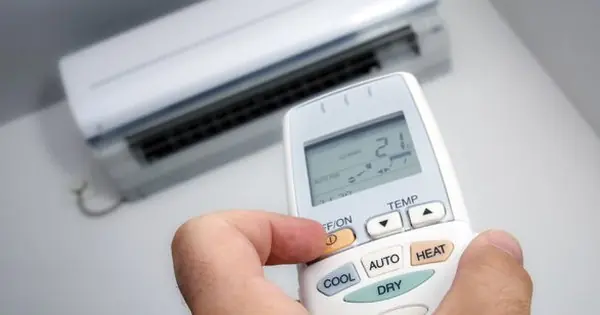
Should You Turn Off the Air Conditioner When Leaving for 30 Minutes?

Why can't men and women agree on the air conditioning temperature?
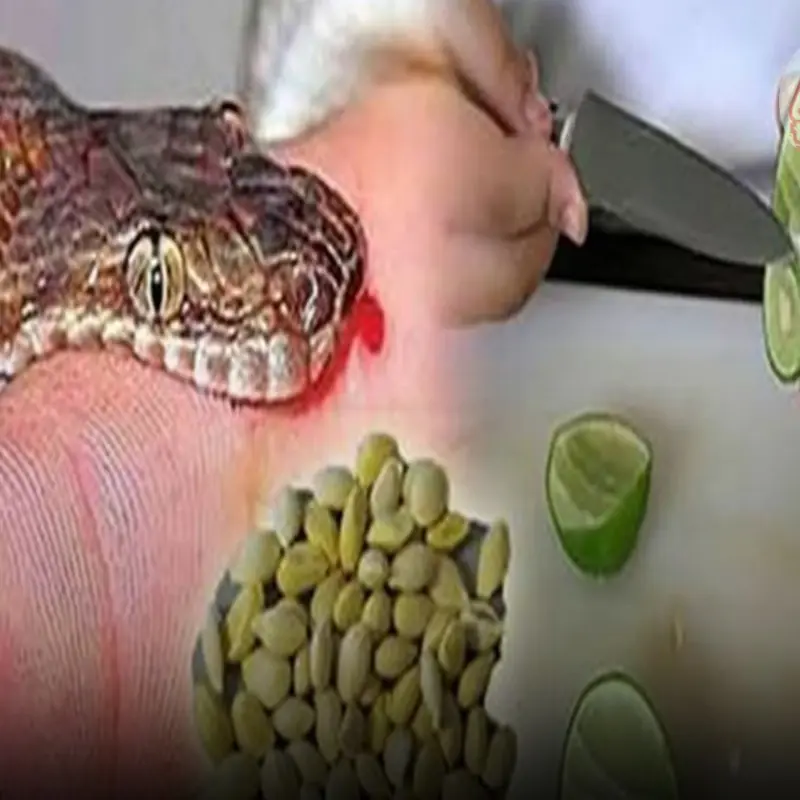
Priceless Traditional Formula That Neutralizes Venom Quickly and Effectively

These 3 Types of Fish Should Be Eaten Sparingly

Here’s why smart people leave a glass of water by their bed every night

Common Veggies Linked to Cancer Risk — Experts Urge Immediate Caution

Wild leaves, used to make tea, make diabetes and high blood pressure "terrify"

Bacteria levels exceed the standard by 600 times! Don't use this hand sanitizer!
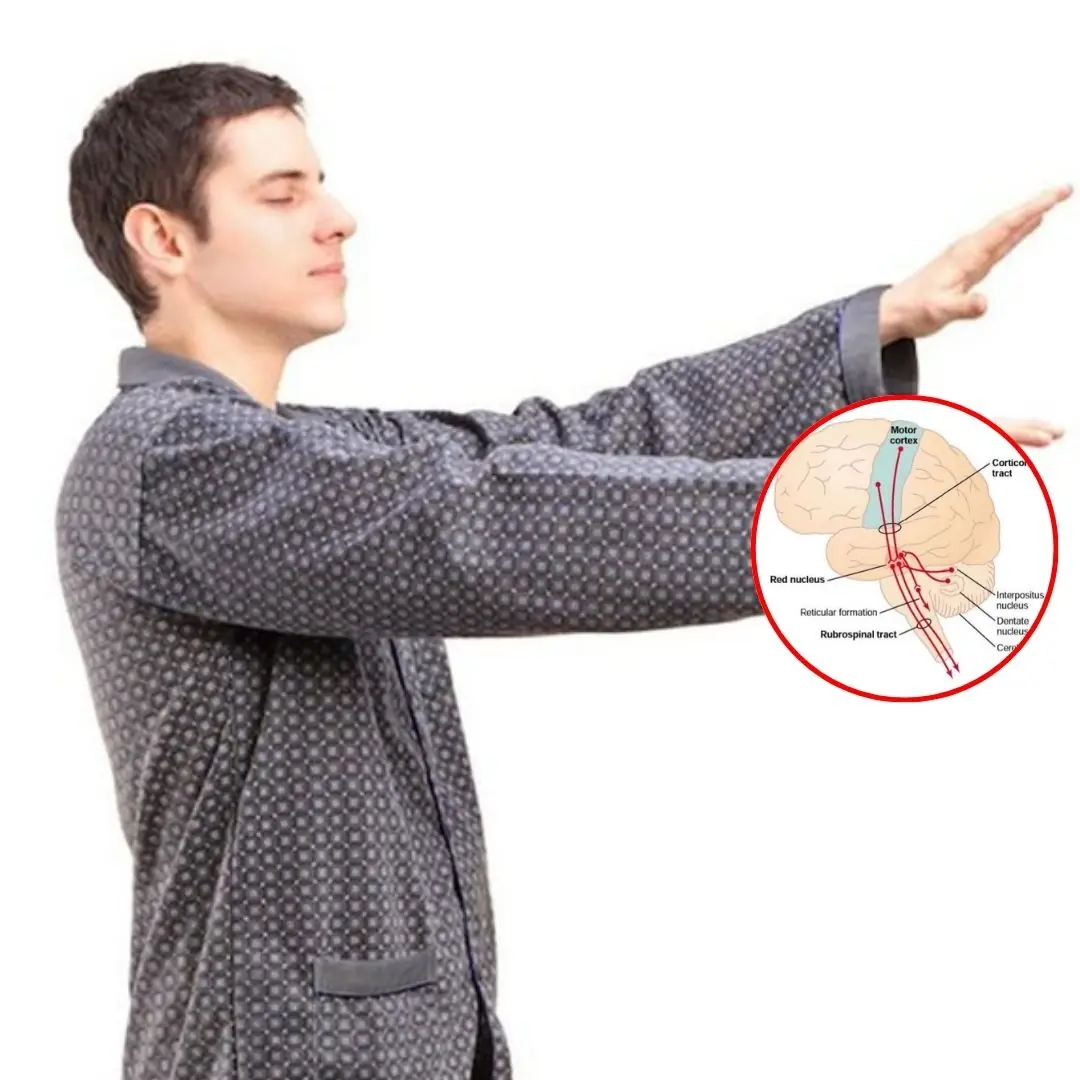
Sleepwalking and the scientific explanation for the phenomenon that occurs in 4% of adults

9 “Clean” Habits That Are Actually Super Unhygienic

Experts Reveal: The Real Carb Bomb Isn’t White Rice

Helped Uncle Treat Can.cer but Received a Mysterious Bag in Return

Woman drank 8 limes daily to detox—paid the price for trusting social media advice

Is Eating Soft-Boiled Eggs More Beneficial Than Fully Cooked Eggs?

10 Juicing Mistakes to Avoid at Home: Boost Your Health the Right Way

Why do hotels usually let guests check in at 2pm and check out at 12pm?

Drinking Perilla Leaf and Ginger Tea Is Better Than Any Tonic

Can the emergency exit door open while flying? — Little-known fact
News Post

Be Careful: 6 Common Foods Become To.xic When Reheated

Food contains more than a thousand microplastic particles, 45 times more than bottled water

These 3 types of fish should be eaten sparingly, they can increase the risk of can.cer, don't buy them just because they are cheap!

Want Radiant, Hydrated, and Glowing Skin This Summer? Eat These 5 "Magical" Fruits

Should You Turn Off the Air Conditioner When Leaving for 30 Minutes?

Want beautiful, smooth, and bright skin in the summer? Eat these 5 "miraculous" fruits right away!

Why can't men and women agree on the air conditioning temperature?
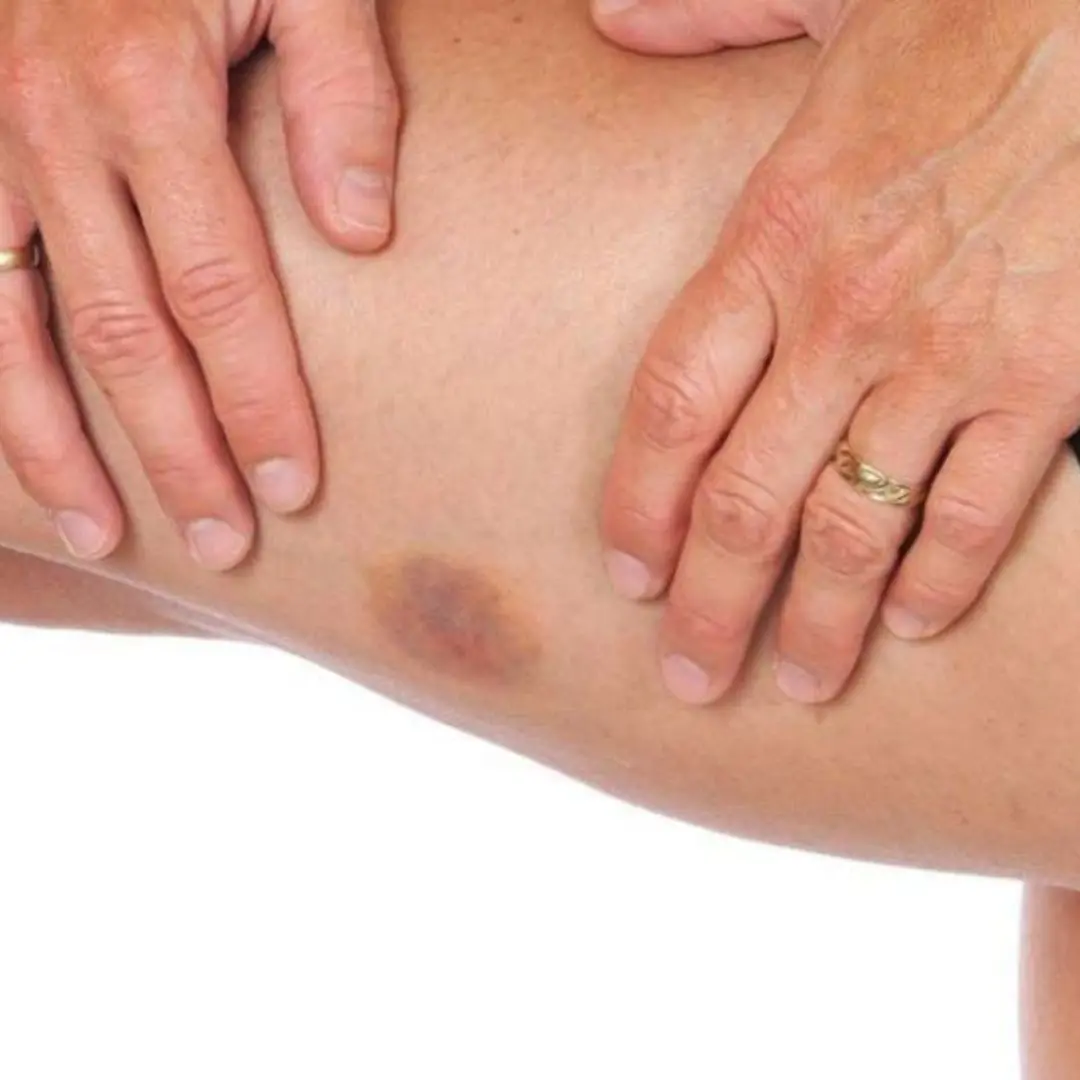
Unexplained Bruising on Your Body: Causes and Treatments

Priceless Traditional Formula That Neutralizes Venom Quickly and Effectively

These 3 Types of Fish Should Be Eaten Sparingly

4 Expert Tips to Choose Meaty, Flavorful Crabs and Avoid Getting Ripped Off
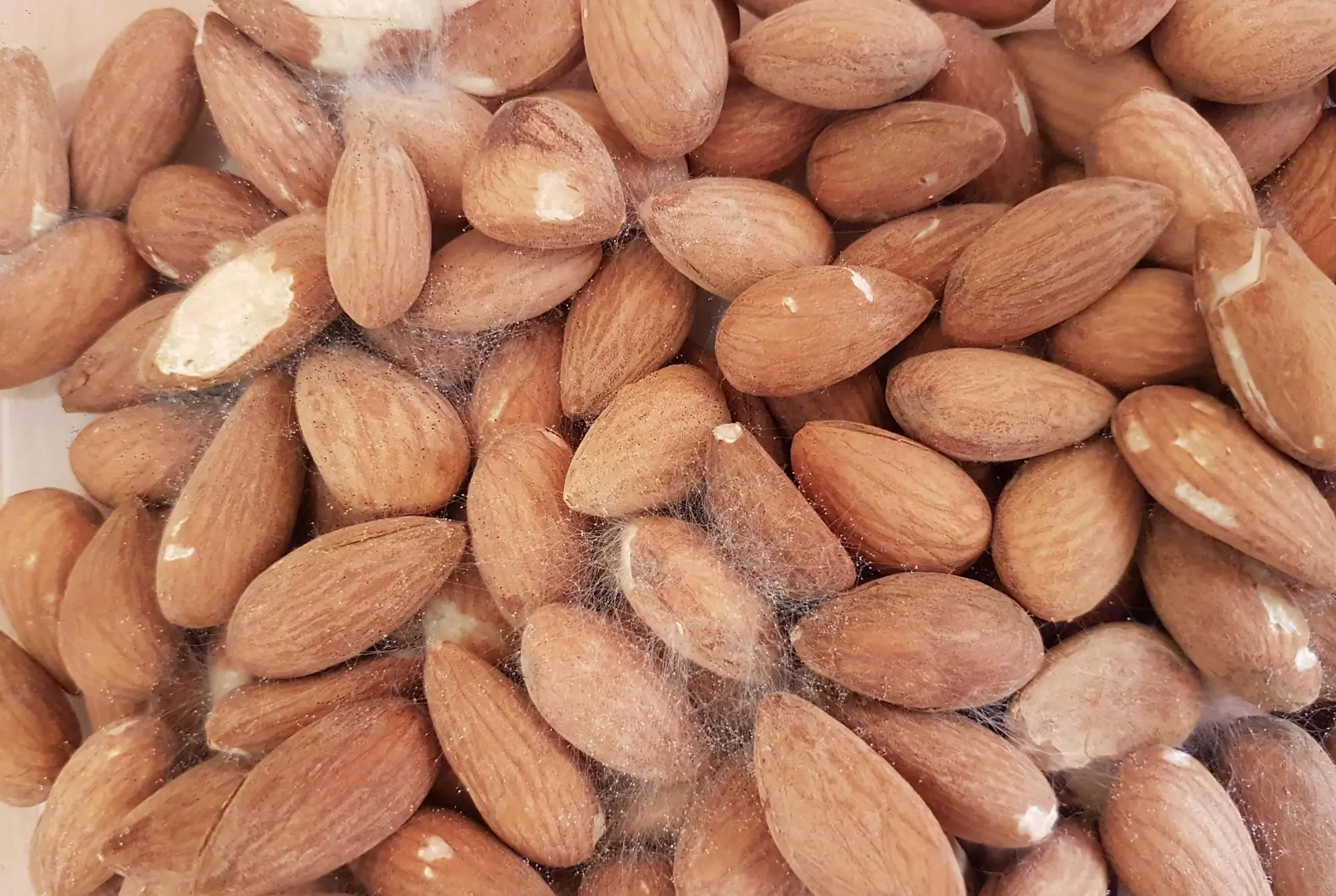
4 Types of Nuts You Should Never Eat If They've Been Sitting Around
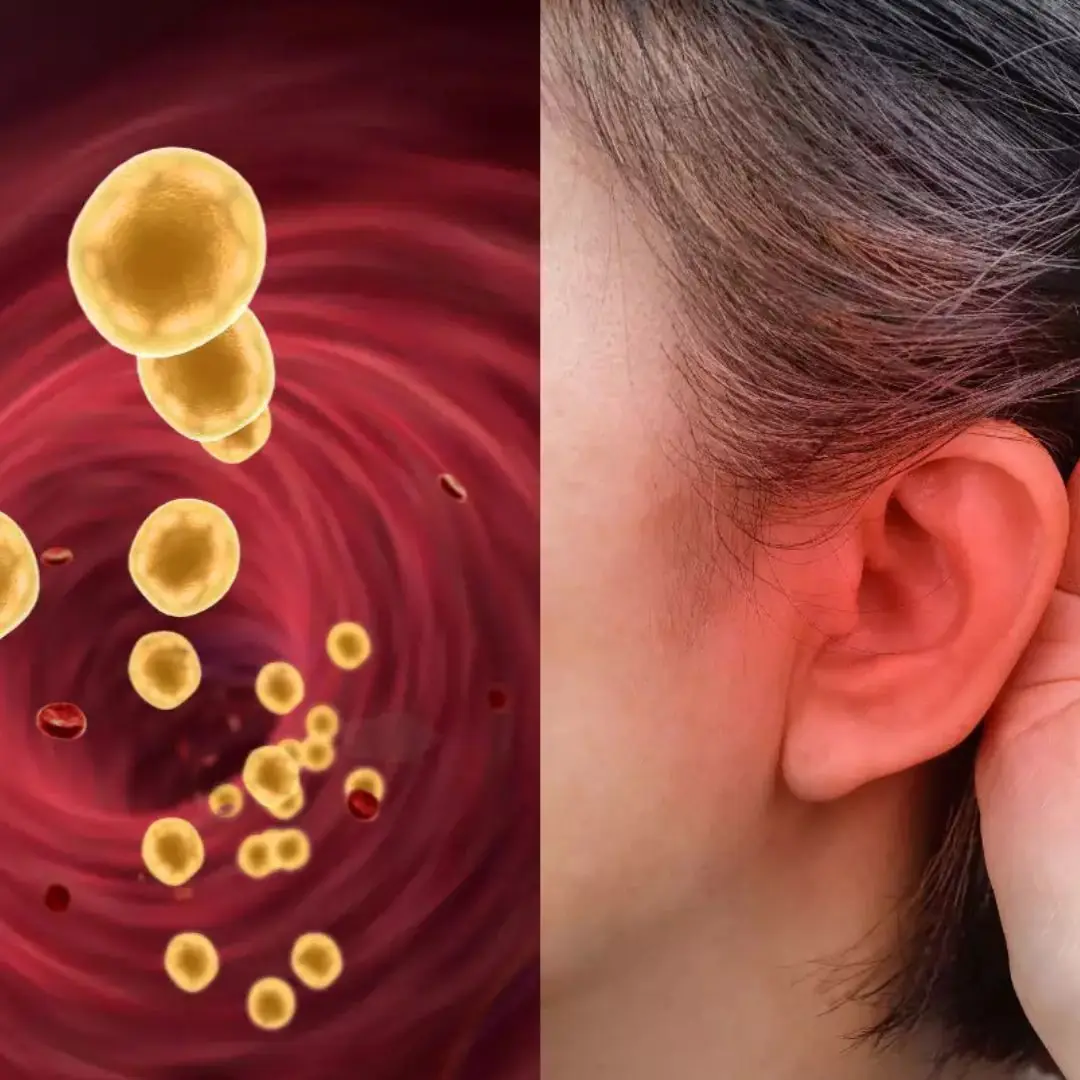
4 signs on the body to detect high bl.o.o.d f.a.t
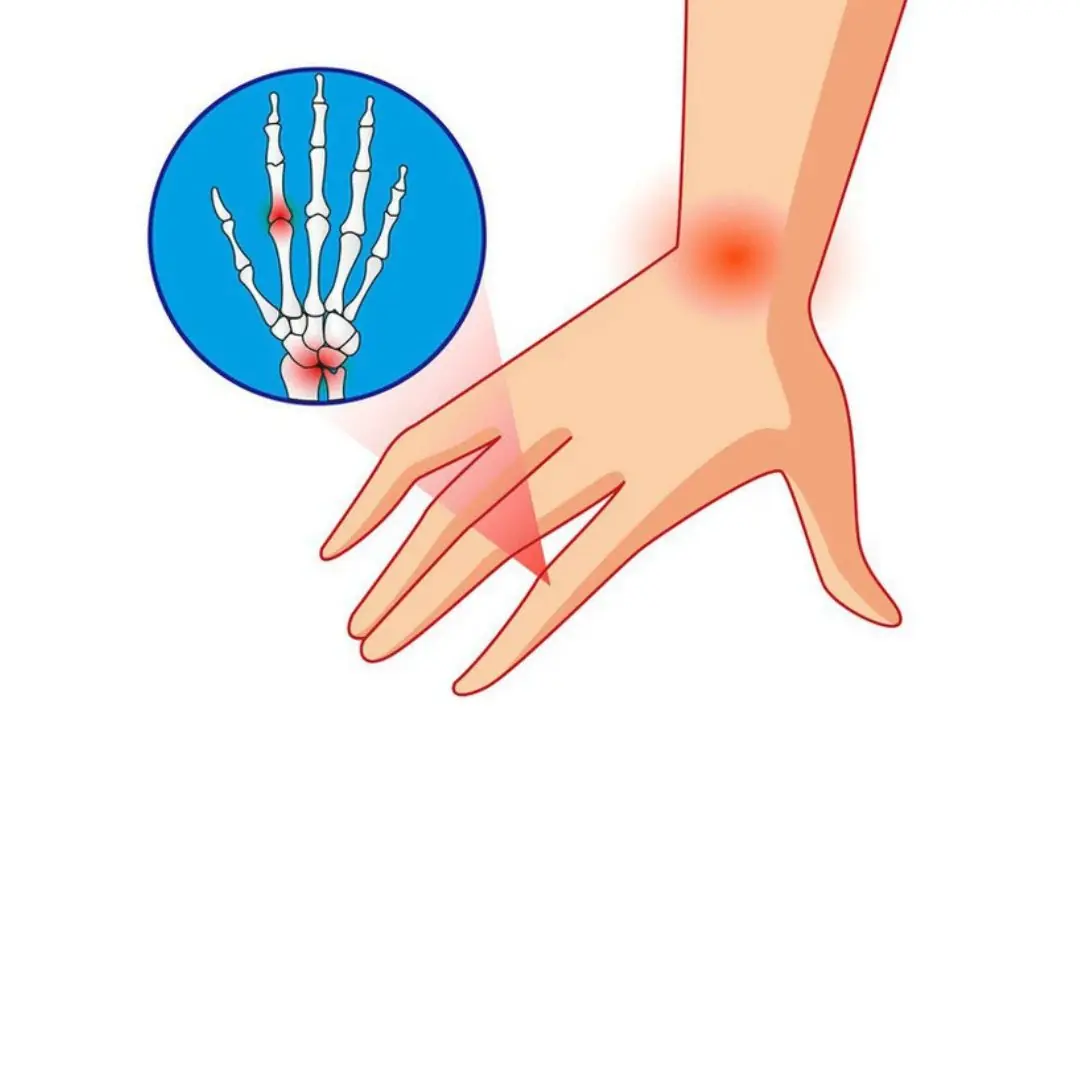
Don’t Miss These 10 Early Red Flags for Serious Health Conditions

Here’s why smart people leave a glass of water by their bed every night

Common Veggies Linked to Cancer Risk — Experts Urge Immediate Caution

5 kitchen appliances you will regret if you don't buy soon

Hormone-injected shrimp has 4 obvious signs, no matter how cheap it is, definitely DO NOT BUY
